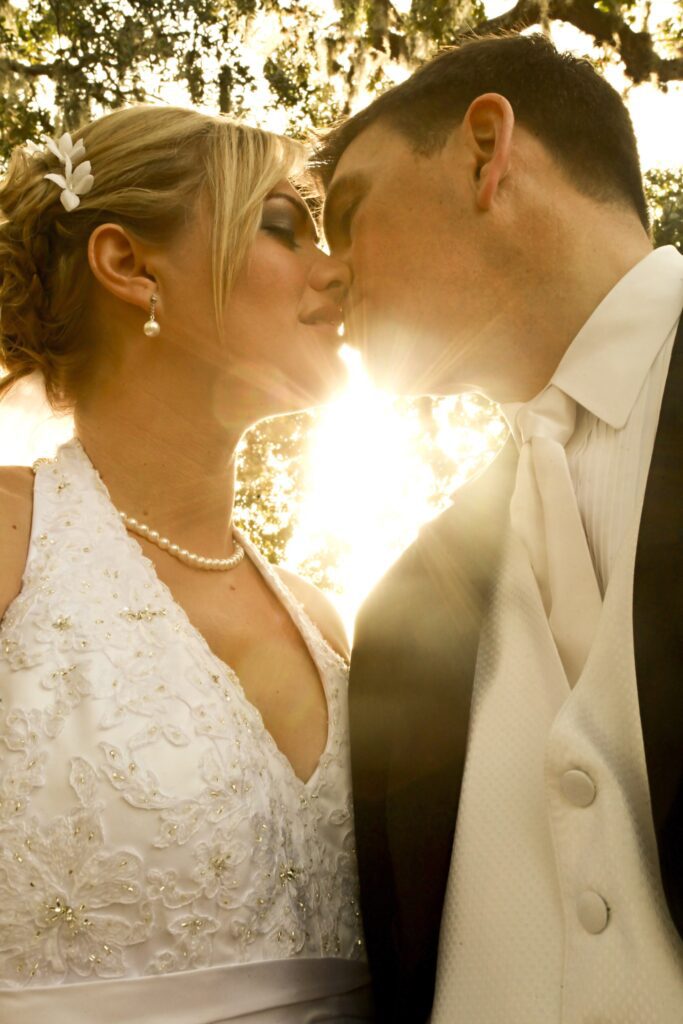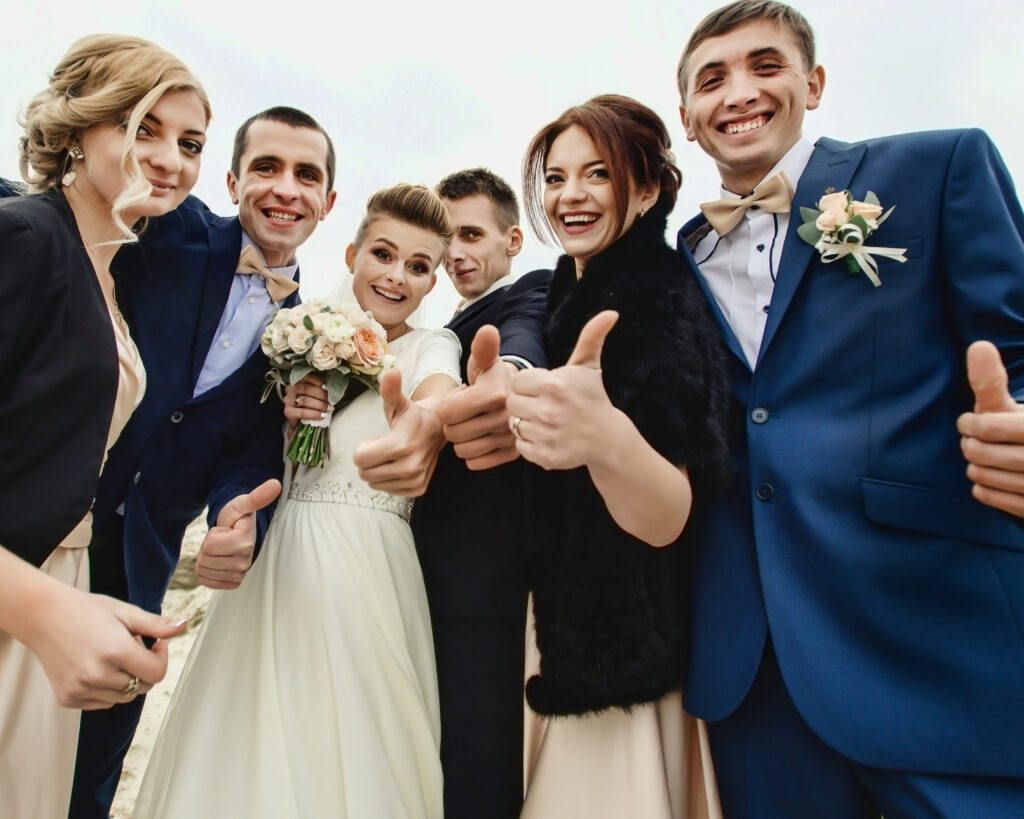In the craziness of your wedding planning, there’s one very important task that you can’t breeze through; your wedding vows will take concentration, time and thoughtfulness but will be well worth it. Your short speech has to come from your heart but also requires planning. The following are important tips for successfully writing and reciting your wedding vows.

Start Early
Writing your vows might sound like a bit of a scary process but the truth is that once your vows are written, the wedding planning will seem more manageable. You’ll also want the option to go back and change part of your vows to make them sound exactly as you imagined. Begin your first draft at least three weeks before the wedding and have your final draft ready to practice at least three days before the big day.
Confirm with Your Fiancé and Officiant
First and foremost—is writing your own vows something that you and your spouse-to-be both want to do? It is important to discuss this early so that the two of you are on the same page. Once you’ve decided, speak with your officiant. Many congregations require the couple to read at least part or all of traditional vows. This won’t necessarily mean you can’t write yours, but be sure to clear your plan with the officiant early.

Read Up!
There are a lot of different directions you can take with your wedding vows. Read through the Internet for examples of wedding vows that other people have written so you can get a sense of various formats and styles. Some couples decide together whether to take on a humorous, romantic or light tone in their vows, while others prefer to let it be a surprise. It is totally up to you whether you want to discuss with your fiancé what the tone of your vows will be but keep in mind that if you don’t, you may end up writing a heart-felt tear-jerking vow, while his is light and silly, or vice versa.
Timing
While your vows are a very important part of your wedding ceremony, keep in mind that they shouldn’t go on for very long. Your audience will be eagerly listening but if your vows are made up mostly of inside jokes or simply go on too long, your guests will become stir-crazy and lose concentration. Your vows should not last more than one to two minutes. If you feel there is more you really have to say, perhaps leave time during your wedding day to give a (brief) wedding toast.
Getting Started
Okay, so you’ve got the important first steps down, now it’s time to start brainstorming! If you’re not sure where to start, try grabbing a piece of paper and marking down bullet points that answer important questions such as ‘when did you first realize you were in love?’, ‘how did he/she make you feel when you first met?’ and ‘what makes your relationship so strong?’. Don’t be afraid to include challenges you’ve gone through because that generally shows how you’ve supported one another. Think about what you miss most when he/she is away, why you decided to marry this special person and how he/she inspires you. Once you have a few stories and answers down, the most important things will stand out to you. Highlight or circle points that you want to include in your toast.
Pick a Format
A trick to great writing is sticking with one format. For instance, that can mean repetition (“I remember when we met… I remember on our first date… etc.), a timeline or in story-telling form (you could tell your story from an outsiders view and end it with how you feel in that moment).

What to Include
Some great key elements to include in your wedding vows may be your favorite memories together, promises for your future and perhaps a silly comment, joke or story. If you want, you can include a romantic quote in your vows but quote or no quote, avoid clichés. That means that your vows should sound like your voice, not anyone else’s. If there’s a point you want to get across that sounds cheesy every time (ex: You’re the most beautiful woman in the world), add a personal touch to it to make it relatable (ex: No woman is more beautiful in a T-shirt and jeans or matching rabbit pajamas than you).
Don’t Embarrass Your Fiancé
You know what stories will make your fiancé laugh and which ones will embarrass him/her. Avoid the wedding day disaster by straying away from any stories that your spouse-to-be would be uncomfortable with all of the guests hearing.
Read it Out Loud
Reading what you’ve written out loud is a great tool for any sort of writing but especially for a piece that you will be reading because it allows you to truly see what flows smoothly and more importantly, what doesn’t. It’s much easier to skip over awkward phrasing in your head than when you’re reading out loud. You’ll also be able to catch any mistakes or missing words and get an idea of how long your speech is. Remember, your vows should be one to two minutes at most. If you want to get an outsider’s perspective or proof reading, have a good friend or family member listen as you read your vows out loud.
Practice!!!
Practicing your wedding vows is not only important so that they turn out smooth during the wedding ceremony, but also because when the time comes, you are going to want to look your partner in the eye as you say these heart-felt words. It’s okay to have a (clear and legible) copy of your vows with you, but having your vows mostly memorized will help you sound natural, comfortable and genuine. If you do need to stop to look down at your words, it’s okay to stop talking for a few seconds and resume once you’re back on track and can look your fiancé in the eyes.

Writing and reciting your wedding vows may seem intimidating, but at the end of the day, this is just an opportunity for you to share how you feel with the love of your life. Above all else, the most important thing to keep in mind is to be yourself.





